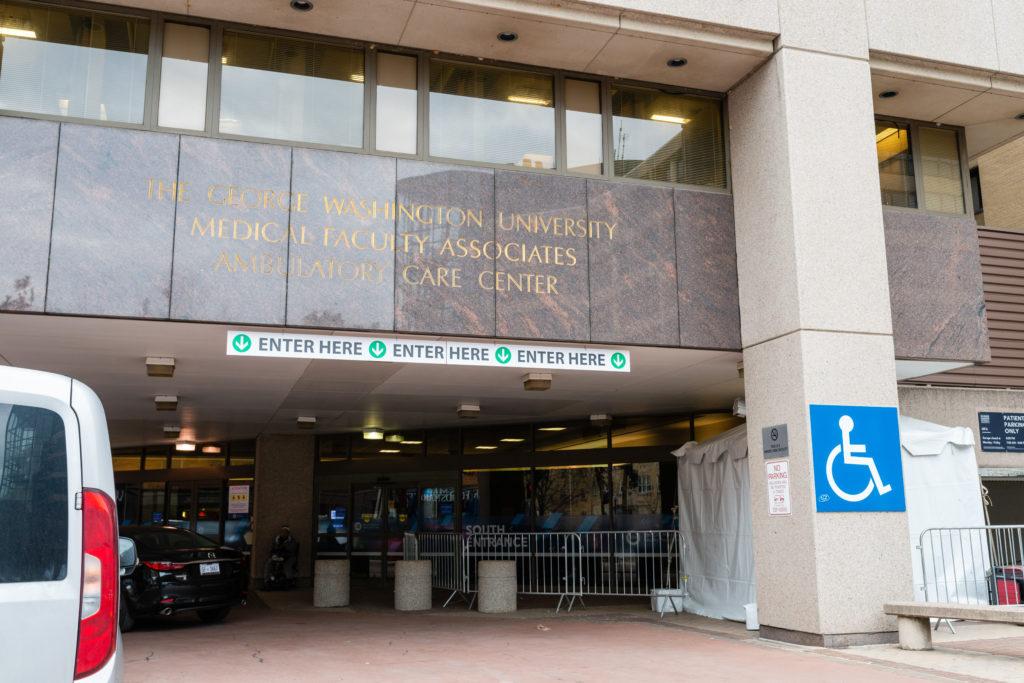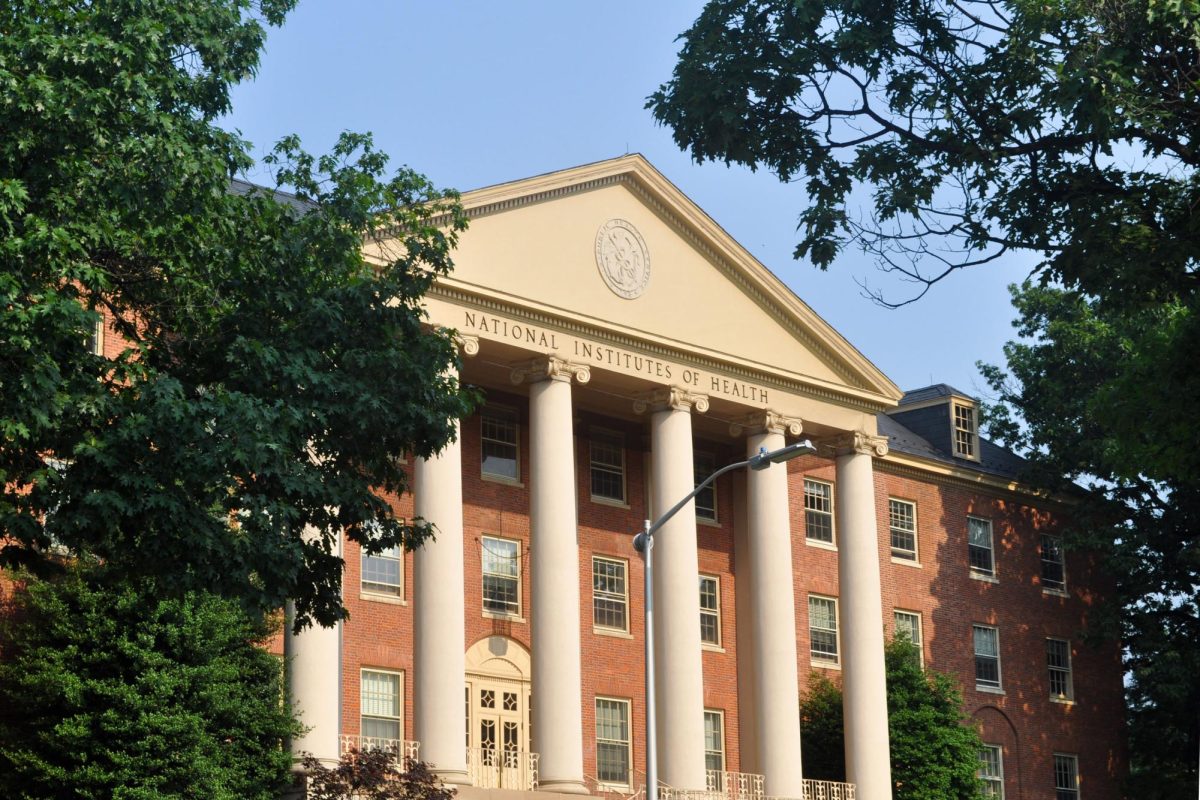The Medical Faculty Associates is now offering virtual follow-up appointments for emergency room patients who want to avoid traveling because of the pandemic.
Patients who have been discharged from the emergency room and have non-emergent issues, like questions about COVID-19 symptoms or general follow-up exams, can now consult with a health care professional through Zoom, an MFA release from late last month states. Experts in emergency medicine said offering patients the option of virtual follow-up visits could benefit patients who don’t have access to health insurance and can’t check in with a primary care doctor.
The release states that patients can schedule virtual visits to follow up on issues like concussions, COVID-19 symptoms and skin conditions.
“Patients who have had a recent ER visit at GW Hospital and need clarifications on home care, return-to-work evaluations or have other questions for the doctor should now consider scheduling a virtual visit for their follow-up appointment,” Neal Sikka, the section chief of the innovative practice and telehealth section of the MFA, said in the release.
MFA spokesperson Barbara Porter did not return a request for comment.
Experts in emergency medicine said emergency room health care providers typically direct patients to follow up with their primary care providers after being discharged, which can be difficult for people who don’t have insurance or a job that allows them to take time off for medical reasons.
Elizabeth Powell, a professor of pediatrics at Northwestern University, said conducting telemedicine visits can make collecting vitals and observing patients’ symptoms more difficult than conducting an in-person evaluation.
“I think communication is probably 80 percent of it, and the other 20 percent of it is what you can get from looking at somebody,” Powell said.
She said the MFA’s virtual follow-up visits will likely help patients who don’t have a primary care provider and need a physician’s consultation.
“I think that the service that’s being provided through GW, particularly in families that may have high need and don’t have a primary care provider and don’t have a physician who can do follow up remotely, actually this service will be a real benefit for families,” Powell said.
Latha Ganti, the vice chair for research and academic affairs at the University of Central Florida, said virtual follow-ups are good additions for emergency care because many of the patients who come into the emergency department can’t follow up with a doctor after the fact. She added that telemedicine could help with a backlog in emergency departments, which is a problem in many inner-city hospitals.
“Now with the pandemic, being able to follow up after an ED visit is even worse because a lot of doctors’ offices are not seeing patients in person or they don’t have walk-in hours or they’re just not opening their practice period,” Ganti said.
She said conducting a visit in a virtual setting may allow the patient to receive more undivided attention from the doctor, who is frequently interrupted in an emergency room.
“They always say a picture’s worth a thousand words so if I could just see my patient and talk to them for a few minutes, that would be amazing,” Ganti said.
Sam Shen, a clinical associate professor at Stanford University, said telemedicine in general is designed to reduce obstacles, like travel and cost, that prevent people from accessing follow-up care. He said telemedicine can make compensation for doctors more complicated because insurance companies will have to decide how they’ll bill for over-the-phone appointments.
“One of the aspects of emergency medicine is that we typically take care of people just during that one episode,” Shen said. “We are different from a primary care physician when we’re seeing someone over and over again over a span of years so typically I would say there isn’t a follow-up with emergency medicine when the patient gets discharged.”
He said the COVID-19 pandemic has created the environment for more telemedicine services to be available and has noticed several companies rolling out new telemedicine technology.
“I think what GW is proposing is very interesting and it’s something that you may see more of in the future,” he said.








